Heart surgery in iran|Cardiovascular Surgery
Best Hospital
We Introduce Best Hospital for General Heart Surgery
Best Doctors
We Introduce Best Doctors for General Heart Surgery
Best Price
We Try to introduce best Services with Regular Price
HEART SURGERY IN IRAN: ALL YOU NEED TO KNOW
Heart surgery in Iran is a well-developed field, with highly skilled cardiac surgeons and modern facilities. Iran has made significant advances in the field of heart surgery in recent years, and many international patients travel to Iran to receive high-quality and affordable heart surgery. Iranian hospitals and medical centers are equipped with the latest technology and staffed by experienced physicians and healthcare providers. The cost of heart surgery in Iran is generally lower than in many other countries, making it an attractive option for patients seeking affordable and high-quality medical care. However, patients should thoroughly research their options and consult with their doctors before making any decisions. Patients may also choose to work with a medical tourism facilitator to help them navigate the process of obtaining medical treatment in Iran. Overall, Iran is a reputable destination for heart surgery, and patients can expect to receive excellent care from highly trained and experienced medical professionals in modern and well-equipped facilities.
HEART SURGERY IN IRAN
Heart surgery in Iran is a well-developed field, with highly skilled cardiac surgeons and modern facilities. Iran has made significant advances in the field of heart surgery in recent years, and many international patients travel to Iran to receive high-quality and affordable heart surgery.
Iran has several specialized heart centers and hospitals that offer a wide range of cardiac services, from diagnosis and medical management to various types of heart surgeries, including open-heart surgery, off-pump coronary artery bypass surgery, valve replacement surgery, and minimally invasive heart surgery.
The cost of heart surgery in Iran is generally lower than in many other countries, making it an attractive option for patients seeking affordable and high-quality medical care. Additionally, the Iranian government has made significant investments in the healthcare system, including the development of state-of-the-art medical facilities and the training of highly skilled medical professionals.
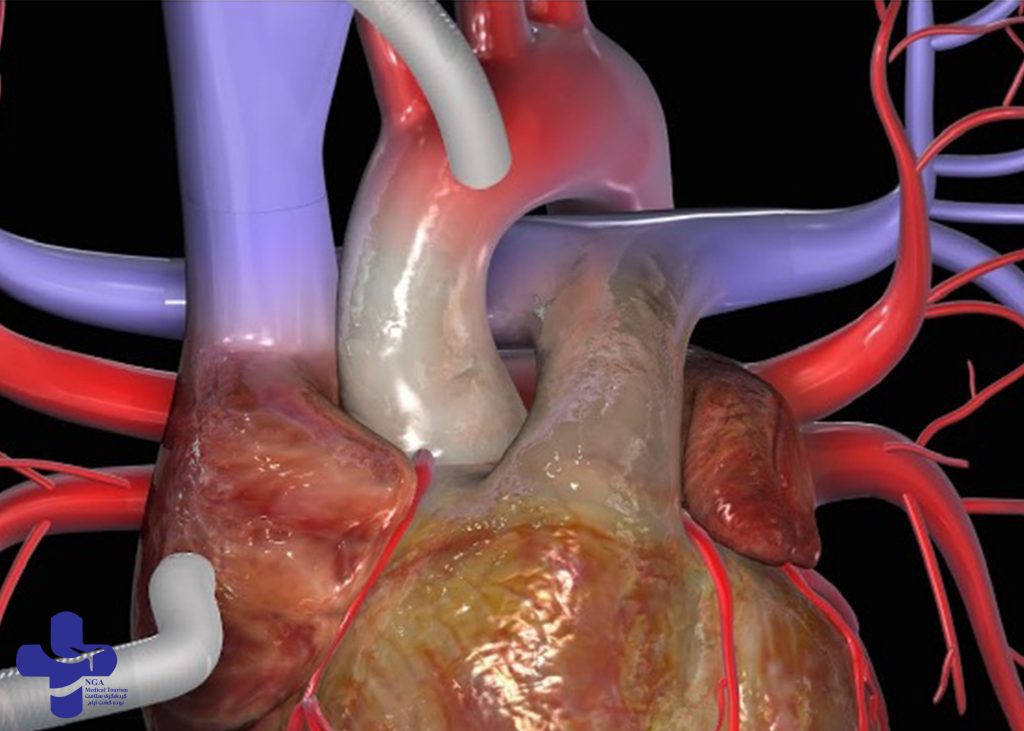
Why iran?
There are several reasons why Iran has become a popular destination for medical tourists, including those seeking heart surgery
- High-Quality Medical Care: Iran has made significant investments in its healthcare system, including the development of modern medical facilities and the training of highly skilled medical professionals. Iranian hospitals and medical centers are equipped with the latest technology and staffed by experienced physicians and healthcare providers.
- Affordability: The cost of medical procedures in Iran is generally lower than in many other countries, making it an attractive option for patients seeking affordable medical care. This is especially true for patients from countries with high healthcare costs, such as the United States and Europe.
- Availability of Services: Iran has a well-developed healthcare system that offers a wide range of medical services, including specialized procedures such as heart surgeries. Patients can choose from a variety of hospitals and medical centers that offer different levels of care, depending on their needs.
- Tourism Opportunities: Iran is a culturally rich and historically significant country with many attractions for tourists. Medical tourists can combine their medical procedures with sightseeing and cultural activities, making their trip to Iran a memorable experience.
Why choose ipdtourism?
IPD (International Patient Department) tourism refers to the travel of patients to other countries to receive medical treatment. IPD tourism has become increasingly popular in recent years as patients seek high-quality medical care at an affordable cost. There are several reasons why IPD tourism is becoming more popular:
- Cost: Medical procedures in some countries can be prohibitively expensive, making it difficult or impossible for many patients to receive the care they need. IPD tourism allows patients to receive high-quality medical care at a lower cost, often with significant cost savings compared to their home country.
- Availability of Services: Some countries may not have the specialized medical services or facilities that patients need. IPD tourism allows patients to access medical care that may not be available in their home country.
- Quality of Care: Patients may choose to travel abroad for medical care to receive treatment from highly skilled and experienced medical professionals. Some countries have a reputation for providing excellent medical care, and patients may choose to travel to these countries to receive treatment.
- Tourism Opportunities: Many patients who travel abroad for medical care also take the opportunity to enjoy the local sights and culture. This can make the trip more enjoyable and help patients feel more relaxed during their recovery.
Heart surgery medical tourism in iran
Iran is becoming a popular destination for medical tourism, particularly for heart surgery. The country has a well-developed healthcare system, with modern hospitals and highly trained medical professionals who offer high-quality medical care at a fraction of the cost of similar treatments in other countries.
Many hospitals in Iran offer medical tourism services, which cater specifically to international patients seeking medical treatment in the country. These services typically include assistance with travel arrangements, visa applications, accommodation, translation services, and other logistical support.
Some of the advantages of undergoing heart surgery in Iran as a medical tourist include:
- High-quality medical care: Iran has a reputation for providing high-quality medical care, particularly in the area of heart surgery. Many hospitals in the country have state-of-the-art facilities and highly trained medical professionals who specialize in heart surgery.
- Affordability: Medical treatment in Iran is significantly cheaper than in many other countries, particularly in the United States and Europe. This means that patients can save a significant amount of money on their medical bills, even when factoring in travel and accommodation costs.
- Short waiting times: Many hospitals in Iran have short waiting times for medical procedures, which means that patients can receive treatment quickly and without lengthy delays.
- Cultural attractions: Iran is a country with a rich cultural heritage, and many medical tourists take advantage of their time in the country to explore its historical sites and natural beauty.

Diseases related to heart surgery
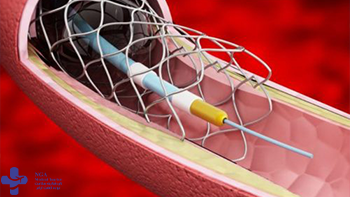
Angiography
Coronary angiography is a procedure that uses a special dye (contrast material) and x-rays to see how blood flows through the arteries in your heart.

Angioplasty
Angioplasty is a procedure used to open blocked coronary arteries caused by coronary artery disease.

Heart Bypass Surgery
Cardiovascular disease (CVD) refers to a group of conditions that affect the heart and blood vessels. These conditions can include coronary artery disease (CAD), heart failure,arrhythmias, heart valve problems, and peripheral artery disease, among others.

Coronary artery disease (CAD)
Transplant recipients are at increased risk of developing CAD, which is the buildup of plaque in the arteries that supply blood to the heart. CAD can lead to angina, heart attack, or other complications.

Heart Transplant Surgery
A heart transplant is surgery to remove the diseased heart from a person and replace it with a healthy one from an organ donor. To remove the heart from the donor, two or more healthcare providers must declare the donor brain-dead.

Aortic Aneurysm Surgery
Aneurysm surgery is a treatment for aortic aneurysms. A surgeon removes the damaged part of your aorta and replaces it with a synthetic fabric tube called a graft. The surgery is very effective when performed before aneurysm rupture. Recovery for most people includes five to 10 days in the hospital and four to six weeks at home

Heart Pacemaker Surgery
A permanent pacemaker is a small electronic device that helps your heart maintain a regular, healthy rhythm. It’s implanted in your chest to regulate electrical problems with the heart, such as beating too quickly or too slowly.

Open Heart Surgery
Open-heart surgeries treat heart problems including heart failure, congenital heart defects, arrhythmias, aneurysms and coronary artery disease. During the procedure, a surgeon cuts through the breastbone and spreads the ribcage to access the heart. Open-heart surgery may include CABG (bypass surgery), heart transplant and valve replacement.

Echo
A heart echo, also known as an echocardiogram, is a diagnostic test that uses ultrasound waves to create images of the heart. This test is used to evaluate the structure and function of the heart, and can help diagnose a variety of heart conditions.
How much does heart surgery cost in Iran?
The cost of heart surgery in Iran can vary depending on the type of procedure needed, the complexity of the surgery, and the specific hospital or medical center where the procedure is performed. However, in general, the cost of heart surgery in Iran is significantly lower than in many other countries, with savings of up to 50-70% compared to the United States or Europe. For example, the cost of coronary artery bypass graft (CABG) surgery in Iran can range from $3,000 to $6,000, while the same procedure can cost tens of thousands of dollars in the United States. However, patients should keep in mind that the cost of heart surgery can vary depending on individual circumstances, and they should consult with their doctors and research their options carefully before making any decisions.
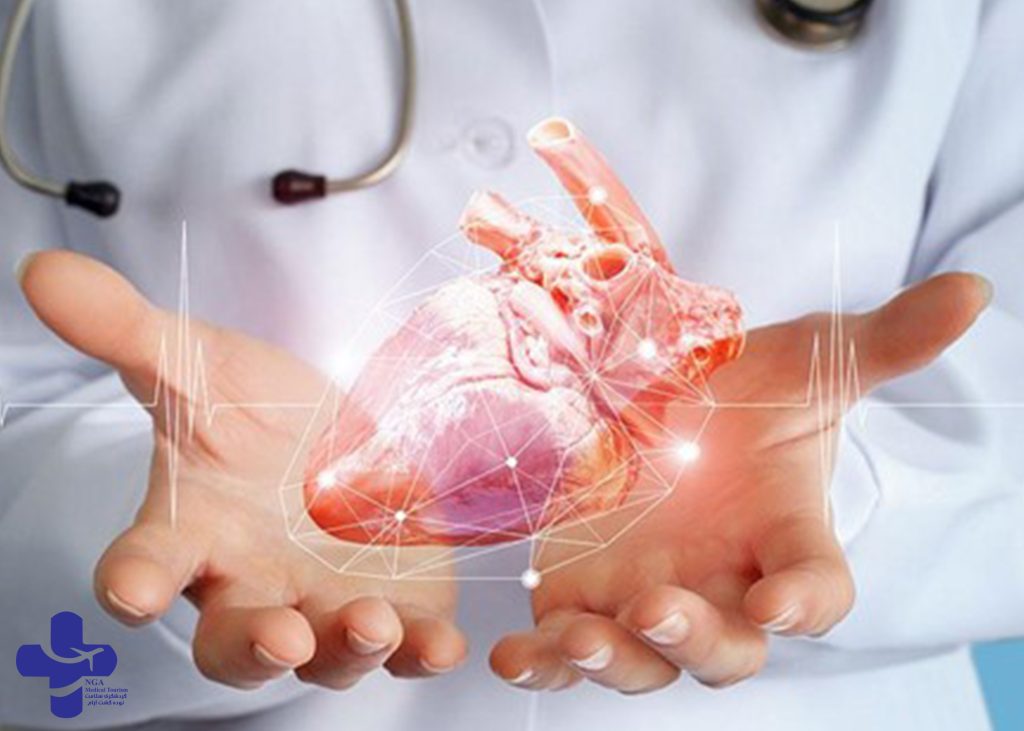
List of the best heart surgeons
Heart surgery in iran
Iran has a well-developed healthcare system and is known for providing high-quality medical care, including heart surgery. There are many hospitals and medical centers in Iran that offer heart surgery, including open-heart surgery, coronary artery bypass grafting (CABG), valve replacement, and other types of heart surgeries.
Some of the most well-known hospitals for heart surgery in Iran include:
- Tehran Heart Center: Tehran Heart Center is a specialized hospital located in Tehran, Iran, that focuses exclusively on heart and cardiovascular diseases. It is one of the largest and most advanced heart centers in the Middle East, and has a team of highly trained and experienced cardiac surgeons.
- Shaheed Rajaei Cardiovascular, Medical and Research Center: Shaheed Rajaei Cardiovascular, Medical and Research Center is a state-of-the-art hospital located in Tehran, Iran, that specializes in the diagnosis and treatment of heart and cardiovascular diseases. The hospital has a dedicated cardiac surgery department and offers a wide range of heart surgeries.
- Masih Daneshvari Hospital: Masih Daneshvari Hospital is a large hospital located in Tehran, Iran, that offers a wide range of medical services, including heart surgery. The hospital has a specialized department for cardiovascular surgery and is equipped with the latest technology and equipment for performing advanced heart surgeries.
- Imam Khomeini Hospital Complex: Imam Khomeini Hospital Complex is a large hospital located in Tehran, Iran, that offers a wide range of medical services, including heart surgery. The hospital has a dedicated cardiac surgery department and is equipped with the latest technology and equipment for performing advanced heart surgeries.
OPEN-HEART SURGERY IN IRAN
Open-heart surgery is a complex surgical procedure that involves opening the patient’s chest to access the heart. In Iran, open-heart surgery is a well-established and highly developed field, with experienced cardiac surgeons and modern facilities. Iranian hospitals and medical centers are equipped with the latest technology and offer a wide range of cardiac services, including open-heart surgery. Patients who undergo open-heart surgery in Iran can expect to receive excellent care from highly trained and experienced medical professionals in modern and well-equipped facilities. The cost of open-heart surgery in Iran is generally lower than in many other countries, making it an attractive option for patients seeking affordable and high-quality medical care. However, patients should thoroughly research their options and consult with their doctors before making any decisions about open-heart surgery in Iran.
There are several types of open-heart surgery, including:
- Coronary Artery Bypass Grafting (CABG): This is the most common type of open-heart surgery, in which the surgeon creates a new route for blood to flow around blocked or narrowed arteries in the heart.
- Valve Replacement Surgery: This procedure is done to replace a damaged or diseased heart valve with an artificial valve.
- Aortic Aneurysm Repair: This surgery is done to repair an enlarged or bulging section in the aorta, the main artery that carries blood from the heart to the rest of the body.
- Atrial Septal Defect (ASD) Repair: This procedure is done to repair a hole in the wall that separates the heart’s two upper chambers.
- Ventricular Septal Defect (VSD) Repair: This procedure is done to repair a hole in the wall that separates the heart’s two lower chambers.
- Maze Procedure: This procedure is done to treat irregular heartbeats (arrhythmias) by creating scar tissue in the heart to redirect electrical impulses and restore normal heart rhythm.
These are just a few examples of the types of open-heart surgery that may be performed. The specific type of surgery that a patient receives will depend on their individual condition and the recommendations of their healthcare provider.
Heart surgery hospital in iran

Pars hospital
How much does open heart surgery cost in Iran?
The cost of open-heart surgery in Iran can vary depending on the type of procedure needed, the complexity of the surgery, and the specific hospital or medical center where the procedure is performed. However, in general, the cost of open-heart surgery in Iran is significantly lower than in many other countries, with savings of up to 50-70% compared to the United States or Europe. The cost of open-heart surgery in Iran can range from $6,000 to $12,000, depending on the specific procedure and the hospital or medical center where it is performed. However, patients should keep in mind that the cost of open-heart surgery can vary depending on individual circumstances, and they should consult with their doctors and research their options carefully before making any decisions. Additionally, patients may choose to work with a medical tourism facilitator to help them navigate the process of obtaining medical treatment in Iran and to ensure that they receive the best possible care at an affordable price.
Price list of diseases related to heart surgery
No | The name of the disease | price |
|---|---|---|
1 | Open heart surgery (CABG) | About 8000$ |
2 | Vessel angioplasty (one vessel) surgery | About 2500$ |
3 | Aortic valve or mitral valve replacement | About 8000$ |
4 | PCI stent and ballooning of coronary arteries | About 4500$ |
5 | Echocardiography | About 100$ |
6 | Ventricular septal defects (VSD) repair | About 7000$ |
7 | Atrial septal defect (ASD) repair | About 7000$ |
8 | EPS ablation | About 3000 |
How to prepare for an open heart surgery?
Arranging for open-heart surgery in Iran typically involves several steps, including consulting with your local healthcare provider to determine if you are a candidate for the procedure, researching Iranian hospitals and medical centers, contacting the hospital or medical center to obtain information about the procedure and cost, obtaining necessary documents and visas, making travel arrangements, and arranging for post-operative care. It’s important to work closely with your healthcare provider and the hospital or medical center in Iran to ensure a smooth and successful open-heart surgery experience.
PREPARING FOR OPEN-HEART SURGERY
Preparing for open-heart surgery can be a daunting task, but there are several things that patients can do to help ensure a successful outcome. Here are some tips for preparing for open-heart surgery:
- Follow your doctor’s instructions: Your doctor will provide you with specific instructions on how to prepare for your surgery, such as what medications to take and when to stop eating or drinking. It’s important to follow these instructions carefully to ensure that you are in the best possible condition for surgery.
- Get in good physical shape: The better physical shape you are in before surgery, the better your chances of a successful outcome. Your doctor may recommend an exercise program or physical therapy to improve your strength and endurance.
- Quit smoking: Smoking can increase your risk of complications during and after surgery. If you smoke, it’s important to quit as soon as possible before your surgery.
- Manage your stress: Stress can have a negative impact on your health and recovery. Find ways to manage your stress, such as meditation, deep breathing exercises, or talking with a therapist.
- Prepare for post-surgery recovery: You will need to plan for a period of recovery after your surgery. This may include arranging for help with daily tasks, such as cooking and cleaning, and making sure that you have a comfortable and supportive environment in which to recover.
- Ask questions: It’s important to ask your doctor and healthcare team any questions you may have about your surgery and recovery. This can help alleviate any anxiety or concerns you may have and ensure that you are fully informed about your procedure.
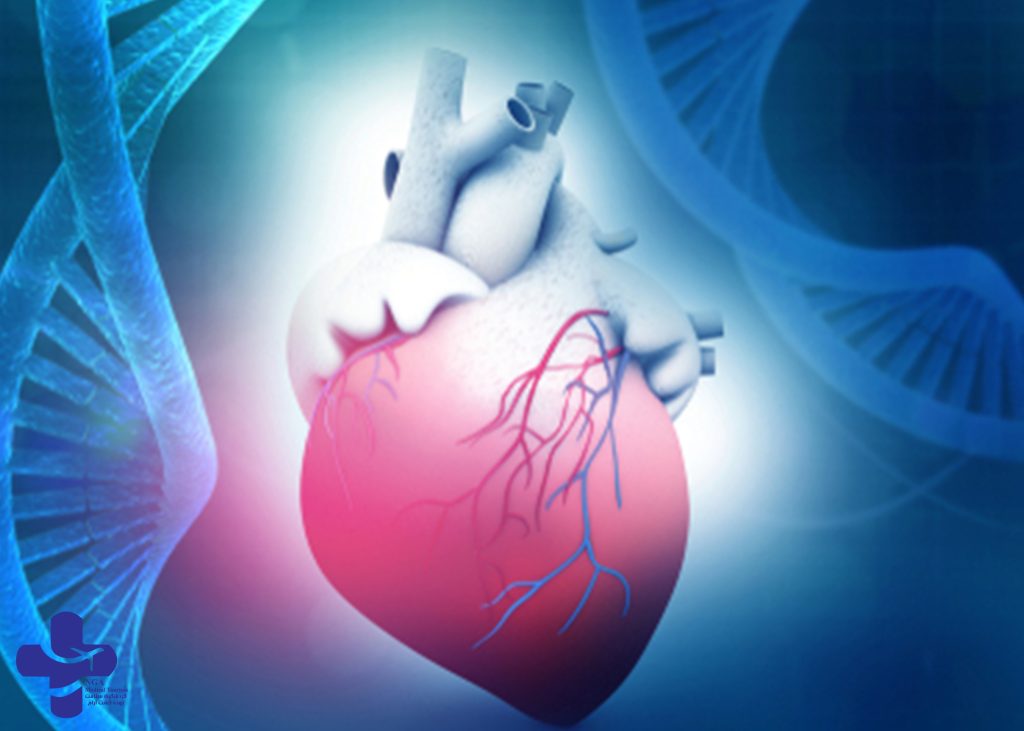
Your message will be reviewed by our doctors and specialist . We will get back to you within 24 Hours.
Nodeh Gasht Aram experts will answer your questions 24/7 , through online chat or by phone.
You get medical opinion and cost estimate
Nodeh Gasht Aram plan your trip.
We arrange your medical visa , flight, ticket, appointments, accommodation etc.
Booking various types of accommodation
interpreter
insurance
SIM & Internet
City Tour
Collaboration with different medical centers to get the best diagnosis and treatment by talent doctors and surgeons...
Post-treatment recuperation and check up .
After the completion of treatment and you return to your country, we will follow you around the clock.
Why Nodeh Gasht Aram?
- Contact Us Via Whatsapp: Your message will be reviewed by our doctors and specialist . We will get back to you within 24 Hours.
- Free Consultation: Nodeh Gasht Aram experts will answer your questions 24/7, through online chat or by phone.
- Qoutation: You get medical opinion and cost estimate
- Ticketing & Visa Support: Nodeh Gasht Aram plan your trip We arrange your medical visa , flight, ticket, appointments, accommodation etc.
- Hotel Booking,Travel Insurance,Interpreter: Booking various types of accommodation, interpreter, insurance, SIM & Internet, City Tour
- Hospitality & Diagnosis & Treatment: Collaboration with different medical centers to get the best diagnosis and treatment by talent doctors and surgeons.
- Recovery: Post-treatment recuperation and check up .
- Follow-up: After the completion of treatment and you return to your country, we will follow you around the clock.
How to perform open heart surgery?
Open-heart surgery is a complex and delicate procedure that is typically performed under general anesthesia. During the surgery, a surgeon will make a large incision in the chest to access the heart. The patient’s heart is then stopped, and a heart-lung machine is used to take over the function of the heart and lungs. This allows the surgeon to work on the heart without the need for blood to flow through it.
Depending on the reason for the surgery, the surgeon may perform a variety of procedures, such as coronary artery bypass grafting (CABG), valve replacement, or repair of a heart defect. After the necessary repairs or replacements are made, the heart is restarted, and the patient is weaned off the heart-lung machine. The incision is then closed using sutures or staples, and the patient is moved to a recovery room for observation.
Open-heart surgery can take several hours to complete, and patients will typically need to spend several days in the hospital to recover. The recovery process can be lengthy and may involve physical therapy and rehabilitation to help the patient regain strength and function. However, with proper care and follow-up, many patients are able to return to their normal activities and enjoy improved heart health after open-heart surgery.

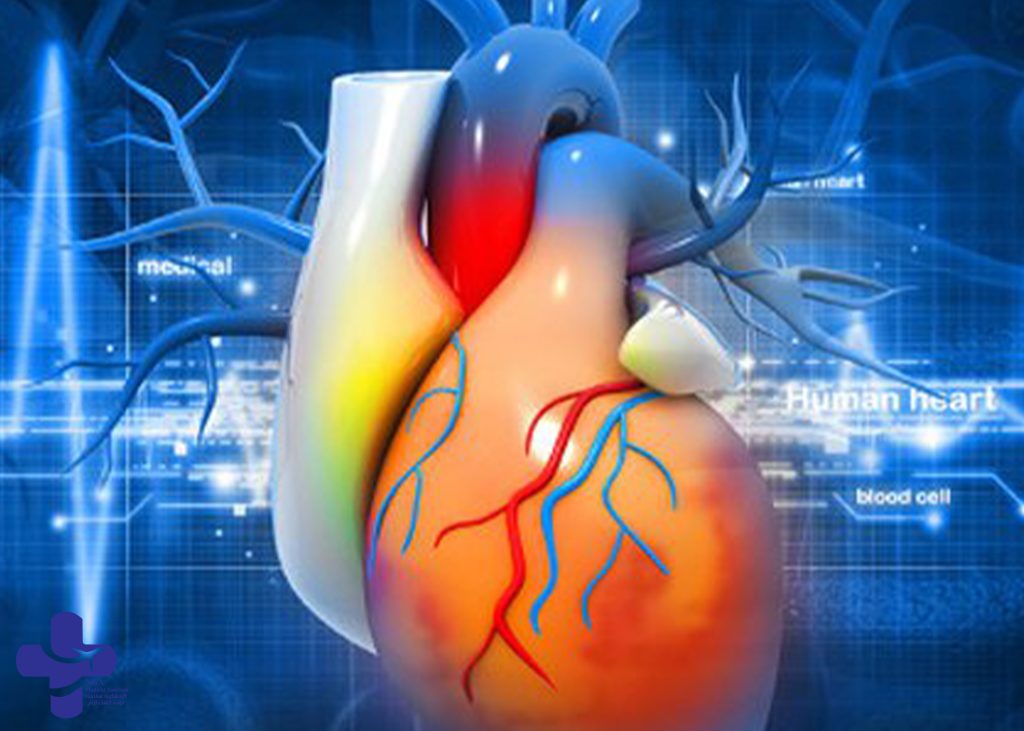
What do we expect from the patient after open heart surgery?
After open-heart surgery, patients can expect to spend several days in the hospital for recovery and observation. During this time, they will receive medications to manage pain and prevent infection, and healthcare providers will monitor their vital signs and heart function.
In the days and weeks following surgery, patients will need to gradually increase their activity level and follow a specific recovery plan as recommended by their healthcare provider. This may include physical therapy, breathing exercises, and other measures to help improve strength and function.
Patients may experience some common side effects after open-heart surgery, including fatigue, pain, swelling, and difficulty sleeping. They may also experience some emotional changes, such as mood swings or depression, which are common following major surgery.
It’s important for patients to follow their doctor’s instructions carefully and attend all follow-up appointments to ensure a smooth recovery. In some cases, patients may need additional procedures or ongoing medical management to maintain heart health after open-heart surgery.
What is the recovery process of the patient after open heart surgery?
The recovery from open-heart surgery is a gradual process that involves careful monitoring, lifestyle changes, and rehabilitation. In the immediate aftermath of surgery, patients will spend several days in the hospital for observation and recovery. During this time, healthcare providers will monitor vital signs, heart function, and any potential complications. After leaving the hospital, patients will need to follow a specific recovery plan as recommended by their healthcare provider, which may include physical therapy, breathing exercises, and other measures to improve strength and function. Patients may experience some common side effects after surgery, such as fatigue, pain, and difficulty sleeping, but these typically improve over time. With proper care and follow-up, many patients are able to return to their normal activities and enjoy improved heart health after open-heart surgery. However, the recovery process can vary depending on individual circumstances, and patients should consult with their doctors and healthcare providers to ensure a smooth and successful recovery.
RISKS AND COMPLICATIONS OF OPEN HEART SURGERY?
Open-heart surgery is a major surgical procedure that carries some risks and potential complications. Here are some of the most common risks and complications associated with open-heart surgery:
- Bleeding: Open-heart surgery involves opening the chest cavity, which can lead to bleeding. In some cases, additional surgery may be needed to stop the bleeding.
- Infection: Any surgical procedure carries a risk of infection, and open-heart surgery is no exception. Patients may be given antibiotics to reduce the risk of infection.
- Blood clots: Blood clots can form during or after surgery, which can be dangerous if they travel to the lungs or brain. Patients may be given blood-thinning medications to reduce the risk of blood clots.
- Stroke: A stroke can occur during or after open-heart surgery, particularly if there are complications during the procedure.
- Lung problems: Open-heart surgery can affect lung function, and patients may experience breathing difficulties or pneumonia.
- Arrhythmia: Open-heart surgery can disrupt the heart’s normal rhythm, which may require additional treatment.
- Kidney failure: Open-heart surgery can sometimes affect kidney function, particularly in patients with pre-existing kidney problems.
- Death: While rare, open-heart surgery carries a risk of death, particularly in patients with other health problems.
It’s important for patients to understand the risks and potential complications of open-heart surgery and to work closely with their healthcare provider to manage these risks and ensure a safe and successful outcome. By carefully following their doctor’s instructions and attending all follow-up appointments, patients can help reduce the risk of complications and improve their chances of a successful recovery.
Minimally invasive heart surgery in Iran and its advantages
Minimally invasive heart surgery is a specialized surgical technique that can be used to perform a wide range of cardiac procedures with smaller incisions or ports, compared to traditional open-heart surgery. Here are some of the heart surgeries that can be performed with a minimally invasive method:
- Coronary artery bypass grafting (CABG): This procedure involves creating a new route for blood to flow around blocked or narrowed arteries in the heart, using small incisions or ports.
- Valve repair or replacement: Minimally invasive techniques can be used to repair or replace damaged or diseased heart valves, using small incisions or ports.
- Atrial septal defect (ASD) repair: This procedure is done to repair a hole in the wall that separates the heart’s two upper chambers, using small incisions or ports.
- Ventricular septal defect (VSD) repair: This procedure is done to repair a hole in the wall that separates the heart’s two lower chambers, using small incisions or ports.
- Maze procedure: This procedure is done to treat irregular heartbeats (arrhythmias) by creating scar tissue in the heart to redirect electrical impulses and restore normal heart rhythm, using small incisions or ports.
Minimally invasive heart surgery offers several benefits over traditional open-heart surgery, including smaller incisions, reduced bleeding and scarring, faster recovery times, and fewer complications. However, not all patients are candidates for minimally invasive heart surgery, and the specific procedure used will depend on the individual patient’s condition and the recommendations of their healthcare provider.
Minimally invasive heart surgery offers several advantages over traditional open-heart surgery, including:
- Smaller incisions
- Reduced bleeding and complications
- Shorter hospital stay
- Faster return to normal activities
- Reduced pain and discomfort

Summary of heart surgery
Heart surgery refers to a variety of procedures that are performed to treat heart conditions. These procedures can be performed using traditional open-heart surgery or minimally invasive methods, depending on the specific procedure and the patient’s individual health. Heart surgery carries some risks and potential complications, but with proper care and follow-up, many patients are able to return to their normal activities and enjoy improved heart health. Minimally invasive heart surgery offers several advantages over traditional open-heart surgery, including smaller incisions, reduced bleeding and scarring, faster recovery times, and fewer complications. Overall, heart surgery is a complex and delicate procedure that requires the expertise of skilled medical professionals and careful management of the patient’s recovery.
Frequently asked questions about heart surgery :
Heart surgery refers to a variety of surgical procedures that are performed to treat heart conditions, such as coronary artery disease, heart valve disease, heart failure, and congenital heart defects.
The length of heart surgery can vary depending on the specific procedure and the patient’s individual health. Some procedures may take several hours, while others may be shorter.
The recovery time after heart surgery can vary depending on the specific procedure and the patient’s individual health. Generally, patients can expect to spend several days in the hospital for recovery and observation, and may need several weeks or months to fully recover.
Heart surgery carries some risks and potential complications, including bleeding, infection, blood clots, stroke, lung problems, arrhythmia, kidney failure, and death. However, these risks can be managed with proper care and follow-up.
Minimally invasive heart surgery is a specialized surgical technique that uses small incisions or ports to access the heart, rather than the large incisions required for traditional open-heart surgery. It offers several advantages over traditional open-heart surgery, including smaller incisions, reduced bleeding and scarring, faster recovery times, and fewer complications.
The cost of heart surgery can vary depending on the specific procedure and the location of the hospital or medical center. Patients should consult with their healthcare provider and insurance provider to understand the cost of heart surgery and any potential financial assistance programs that may be available.
During heart surgery, the patient will be under general anesthesia, and the heart will be stopped while a heart-lung machine takes over the function of the heart and lungs. After surgery, the patient will spend several days in the hospital for recovery and observation, and will need to follow a specific recovery plan as recommended by their healthcare provider. This may include physical therapy, breathing exercises, and other measures to help improve strength and function. With proper care and follow-up, many patients are able to return to their normal activities and enjoy improved heart health after heart surgery.







